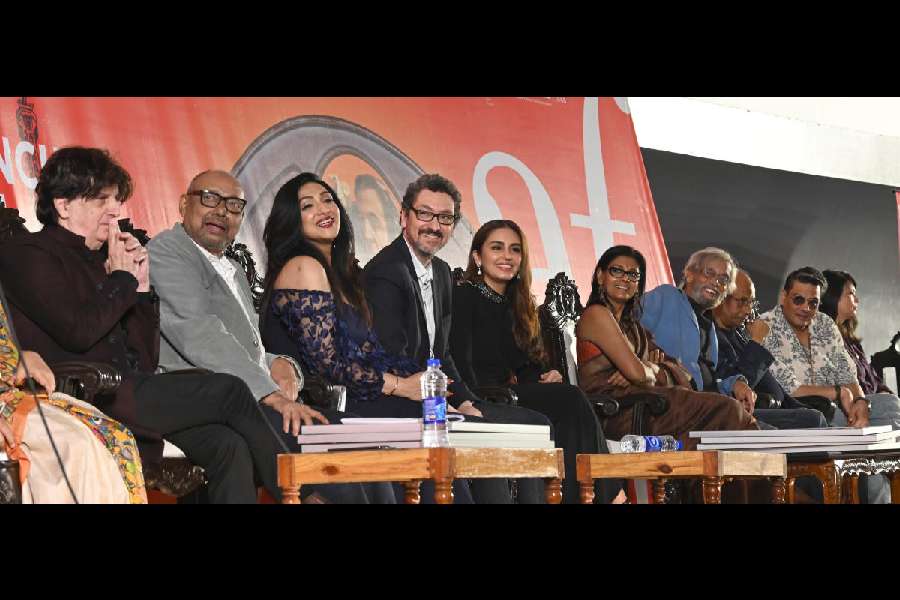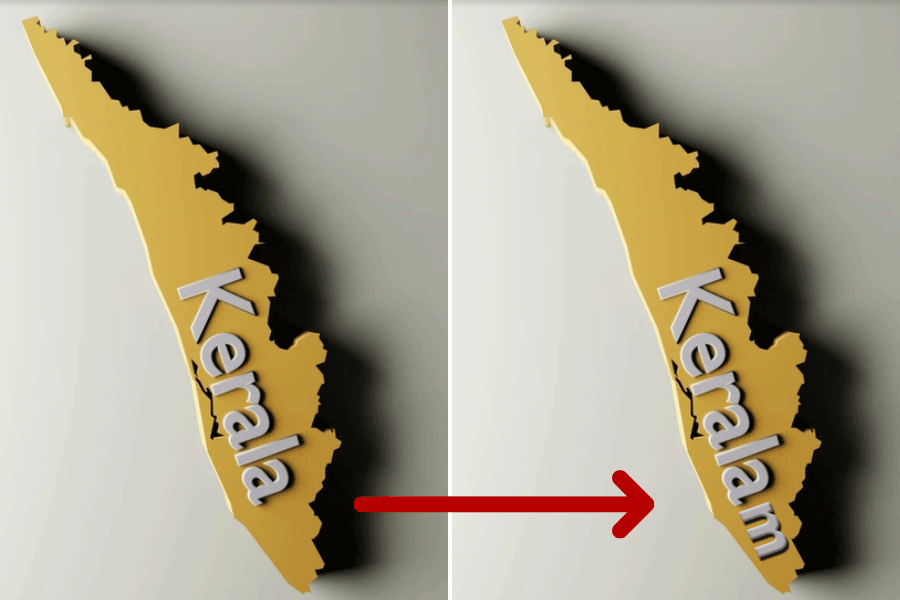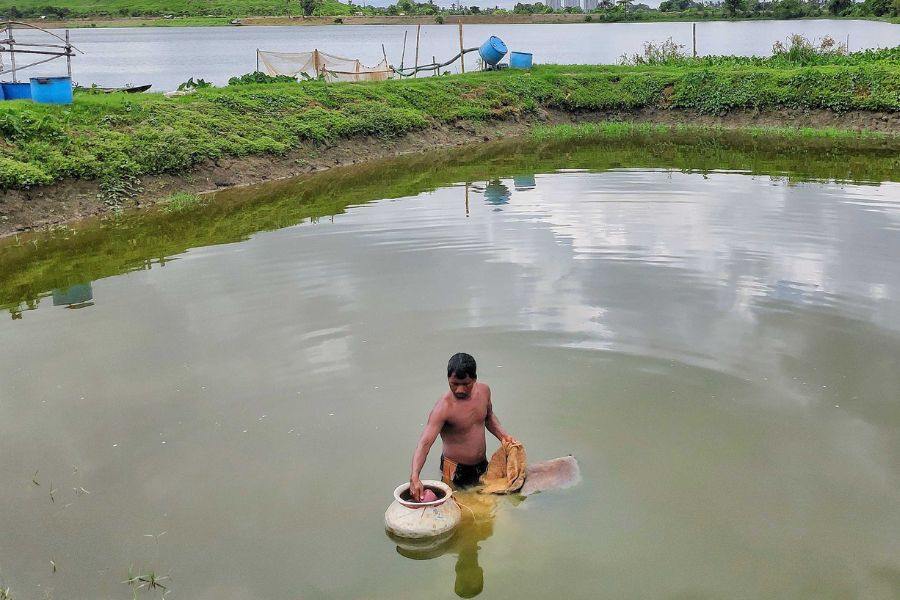The second edition of the French Film Festival came to a close with the participation of actors and directors from the Indian film industry as well as an author-filmmaker from France and a filmmaker from Bhutan. If Naseeruddin Shah was the cynosure of all eyes at the opening ceremony, the closing event put the spotlight on actress Huma Qureshi and filmmakers Sudhir Mishra and Nandita Das, besides Rituparna Sengupta and Rukmini Maitra from closer home. Mishra and Das presented their films Hazaaron Khwaishein Aisi and Manto respectively, which were screened at the festival.
Festival director Nicolas Facino, who heads Alliance Francaise du Bengale, spoke of the rise in the number of screenings — from 48 films last year to 82 this time. “The attendance too was a very encouraging 20,000, which is a 25 per cent increase. We are not sharing the number of selfies the spectators clicked at the venue,” he added with a chuckle.
Also present was David Foenkinos, who was introduced as a best-selling author from France whose work has been translated into 40 languages. A retrospective screened three of his films, including the closing film, La Délicatesse, which he directed with his brother Stéphane Foenkinos.
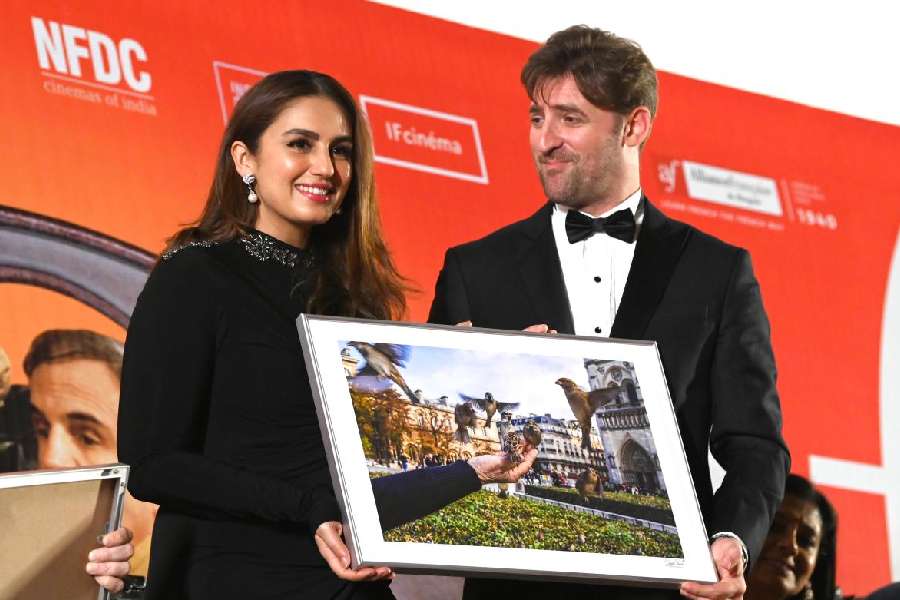
Huma Qureshi (Left) being feliciated by Nicolas Facino during Closing ceremony of The 2nd Edition of French Film Festival Kolkata at Nandan on 01.03.2025.
Foenkinos thanked Facino not just for the invitation but also for the festival poster. “You put me on the same poster as Francois Truffaut who is my god, that too just below him,” he said. “When you proposed a retrospective, I thought that’s the end of my career,” he quipped, tongue in cheek.
French consul general Didier Talpain spoke about the three round tables held at Alliance Francaise du Bengale in course of the festival that discussed possibilities of Franco-Indian co-productions, women in cinema, and artficial intelligence, especially how it changes things from artistic, financial and philosophical points of view.
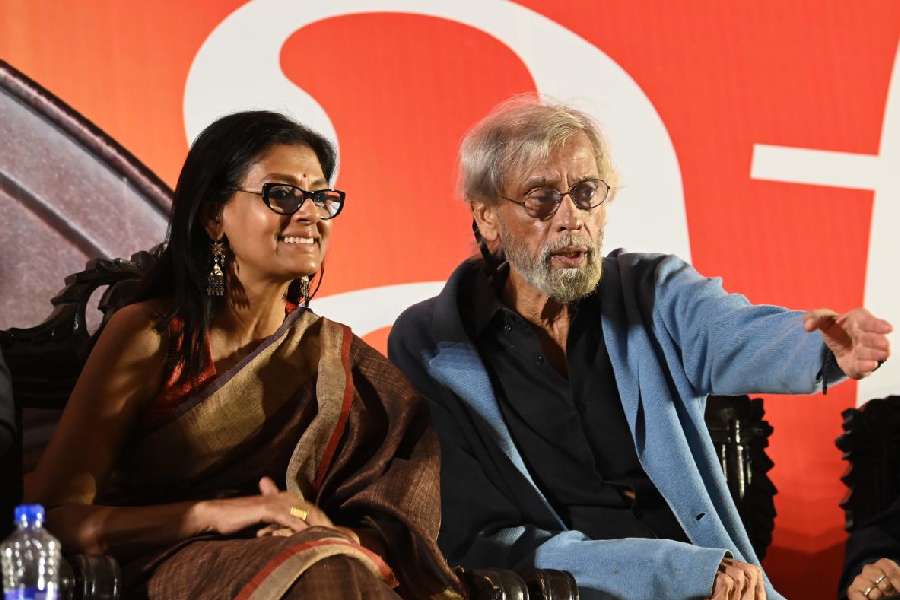
Nandita Das and Sudhir Mishra during Closing ceremony of The 2nd Edition of French Film Festival Kolkata at Nandan on 01.03.2025
Nandita Das, a two-time jury member at Cannes Film Festival, mentioned her other connections with France.
“I have done a play with a French director. And Manto was shown at Cannes,” said the actor-director who has been awarded the Chevalier dans l’Ordre des Arts et des Lettres (Knight of the Order of Arts and Letters) by the French government.
She also interacted with the audience after the screening of Manto, responding to the challenges she faced while making the 2018 film and the validation she felt when the writer’s three daughters, whom she had invited to the premiere, said that they liked the film. Borrowing a copy of her book Manto & I, on her experiences of the six years she spent with Manto from a member of the audience, she showed some photographs of the locations where she shot, the film’s premiere at Cannes and the challenges of making and releasing it.
“It is not easy recreating the 1940s these days with the hoardings and car models of the times,” she said, adding with satisfaction that people in Lahore had told her that they could identify the places shown in the film though they were shot in India.
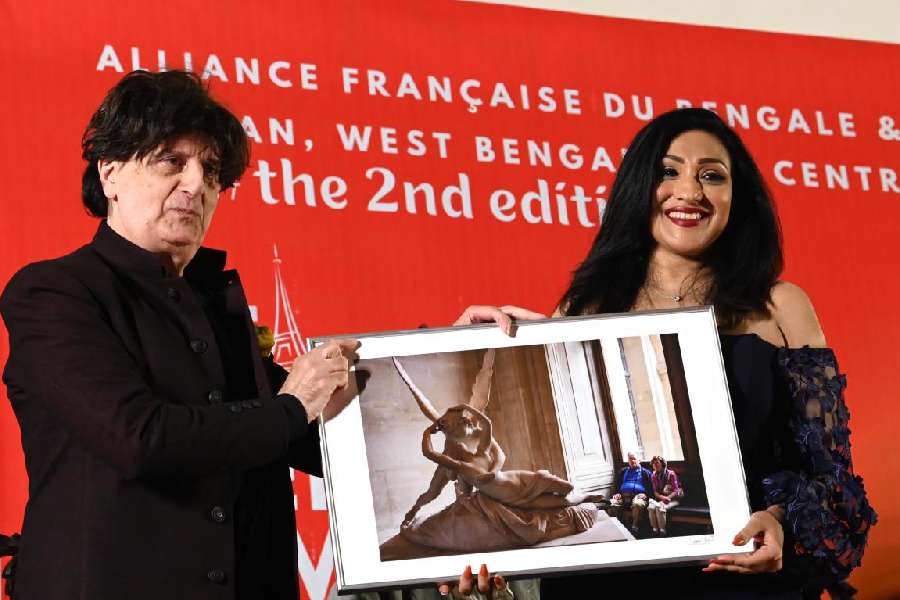
Rituparna Sengupta(right) being feliciated by Didier Talpain during Closing ceremony of The 2nd Edition of French Film Festival Kolkata at Nandan on 01.03.2025.
She also spoke of her connection with Calcutta. “I have done four films in Bangla. But few people know that my first film, a 90-second one on rainwater harvesting, was shot in Calcutta. That gave me a lot of confidence,” Das said.
Dechen Roder, a filmmaker from Bhutan whose films Honeygiver among the Dogs and I, the Song were screened as part of a four-film segment titled ‘Call of the Mountains’, also attended the closing ceremony.
“Our film industry is young. Our first feature film was made in 1989. We got television and Internet in 1999. Our film consciousness is largely influenced by Indian cinema, especially Bollywood movies in the ’70s and ’80s. French cinema also influenced me,” she said.
Sudhir Mishra, back for the second edition of the festival, spoke of his father being involved with the Lucknow Film Society. “He taught French at Lucknow University,” he said, before expressing his own appreciation of French films.
“We all make films this way because of (Jean Luc) Godard, we all look at life this way because of (Francois) Truffaut, we understand the darkness in the world and in human nature because of (Claude) Chabrol, and Rene (Clement) we try to understand all the time — sometimes we understand him, sometimes not. Godard is a great teacher. His films are like letters to filmmakers. He is simultaneously making a film and telling a story as also showing how he is making it and sharing the problems of making the film that way. His films are a discussion on cinema itself. He is shooting in video and we learnt how to cut from him. I saw all of Godard’s films in Calcutta and there were screened in packed houses. That’s what Goutam Ghose told him when he met him in France.”
Anjan Dutt recalled in amusement that the questions that were put to him after the screening of Kharij at the festival were the same that were put to Mrinal Sen in 1982. Everyone wanted to beat up Mamata Shankar and Anjan Dutt. I also gave them the same answers that Mrinalda gave,” he said, with a laugh. He had to hum “Amar janla diye ektukhani akash dekha jay” to satisfy audience demand.
Huma Qureshi recalled her Cannes sojourn. “My introduction to Cannes was in 2012 through Gangs of Wasseypur (which was screened in the Director’s Fortnight segment). Mr Sudhir Mishra introduced me to a tiny theatre called The Lumiere, which is the Mecca of cinema. That introduced me to French cinema,” said the actress, who was a student at Alliance Francaise du Delhi in her high school days.
Rituparna Sengupta, who was back at the closing ceremony, said: “I am completely in love with this festival.” Casting director Mukesh Chhabra, who has worked in Dangal and Kai Po Che! other than Gangs of Wasseypur and has recently opened an office in the city, was also present.

